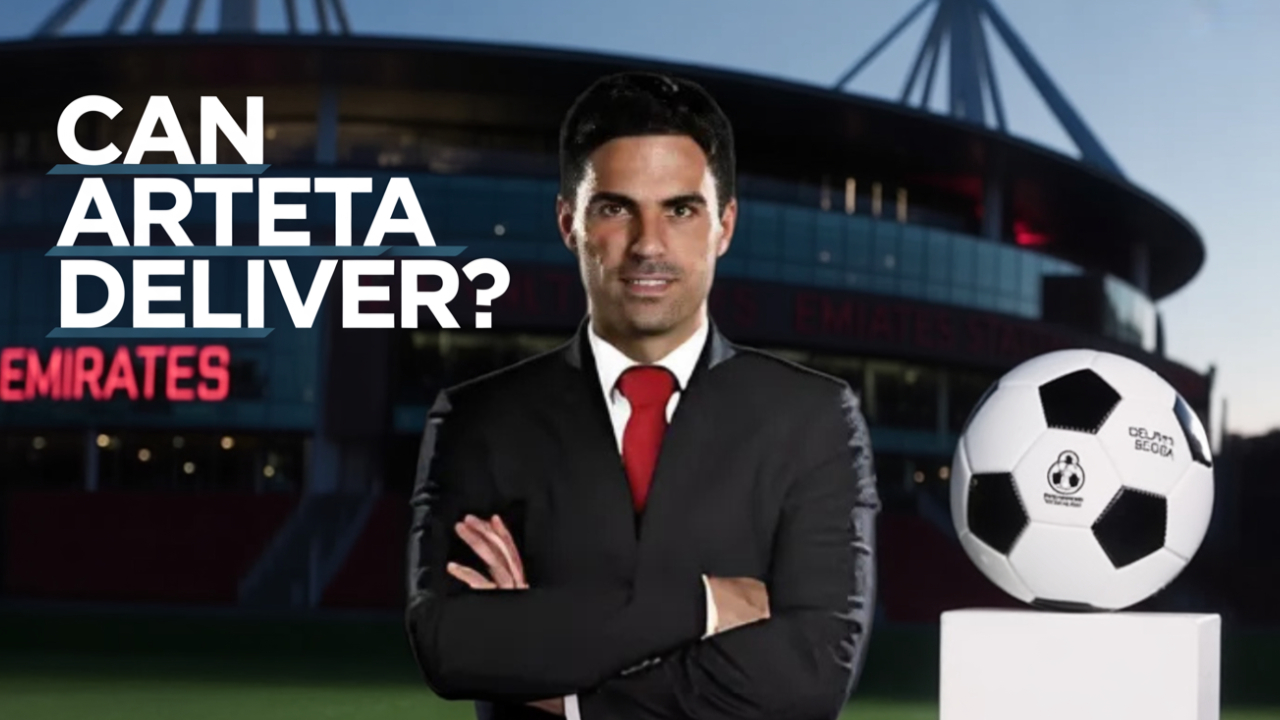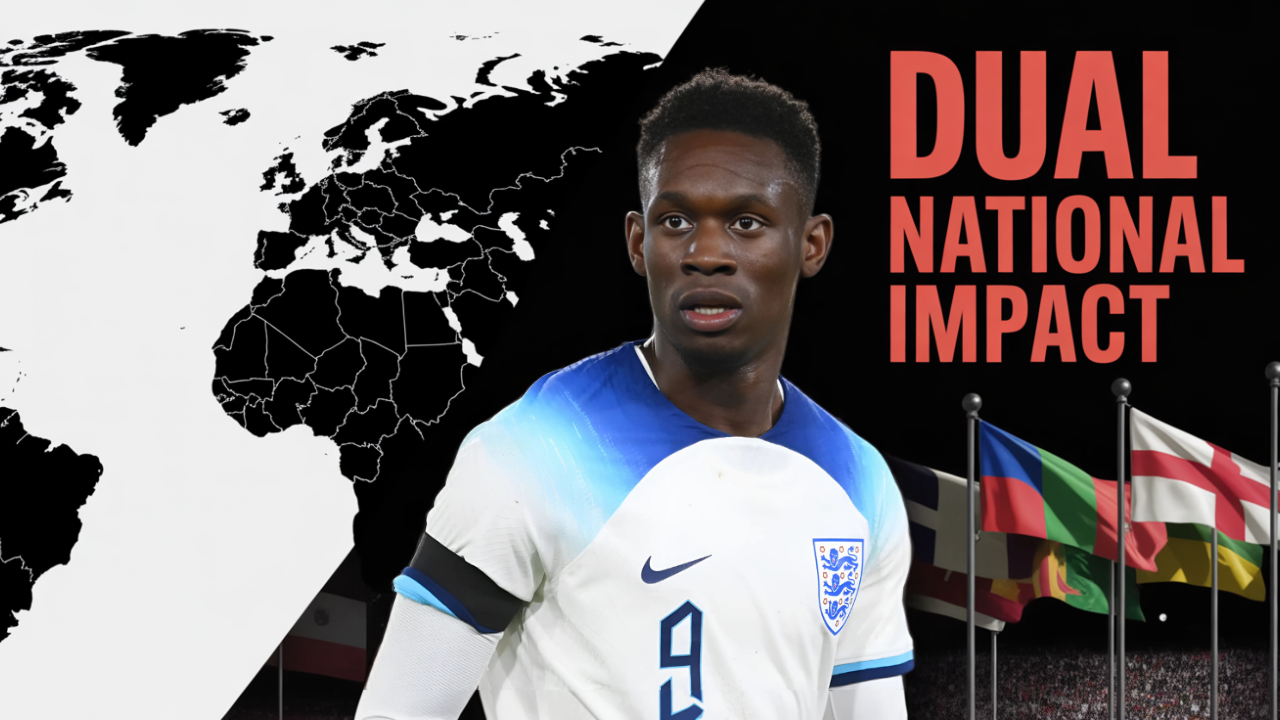A New Era of International Football
When Folarin Balogun stepped onto the pitch for the U.S. men’s national team in 2023, it was more than just a debut—it was a statement. The England-raised striker, born in Brooklyn, had been courted by multiple countries, yet chose the Stars and Stripes. His decision signaled a broader trend: elite dual nationals are reshaping the global football map.
International football is no longer just about borders and birthplace—it's about identity, opportunity, and belonging. National team rosters are now shaped by migration patterns, dual citizenship laws, and shifting notions of cultural identity. As global tournaments approach, more players are proudly representing nations they weren’t born in, often creating both excitement and tension across the football world.
The Numbers Behind the Movement
According to FIFA, in the 2022 World Cup, 137 players represented countries different from their birthplaces. France, Morocco, and Canada had among the highest numbers of foreign-born players. The U.S. men’s national team (USMNT) has leaned heavily into its dual-national pipeline, featuring players like Sergiño Dest (born in the Netherlands), Yunus Musah (born in the U.S. but raised in Italy and England), Malik Tillman (born in Germany), and Folarin Balogun (born in the U.S. and raised in England). This showcases how strategic diaspora recruitment has become a cornerstone of American international football development.
A 2023 CIES Football Observatory report found that over 28% of players at the 2022 World Cup were eligible to represent more than one country. These numbers underscore the widespread influence of dual nationals in modern football.
Why Dual Nationals Are Opting Out of Traditional Powerhouses
The decision to represent one country over another is often deeply personal. For some, like Balogun, the chance to lead a team and feel genuinely wanted was key. Others are influenced by tactical systems, emotional ties, or long-term development plans.
- Limited Opportunities: Breaking into teams like England, Brazil, or Germany is extremely competitive.
- Emotional Roots: A sense of pride in family heritage carries weight.
- Playing Time & Trust: Smaller nations may offer immediate starts and development continuity.
- Respect: Some players feel more appreciated and culturally connected with ancestral homelands.
The Racism Factor: When Identity and Injustice Collide
While opportunity and pride play a role, the experience of racism and exclusion in a player’s country of birth is often a silent yet significant motivator. For many Black and minority dual nationals, the question is not only “Where can I play?” but “Where will I be truly accepted?”
In France, even after historic World Cup wins, Black and Arab players such as Paul Pogba and Karim Benzema have faced public questioning about whether they "represent French values." During losses, the finger often points first at players of immigrant backgrounds.
In England, following the Euro 2020 final, Bukayo Saka, Marcus Rashford, and Jadon Sancho were viciously targeted with online racist abuse for missing penalties. These episodes left scars—not just on the players, but on future generations watching.
In such moments, the appeal of ancestral homelands becomes about more than just football. It becomes about:
- Belonging without conditions
- Cultural pride without backlash
- Being embraced for who you are—not judged for where you’re from
When players like Mason Greenwood decide to choose Jamaica, or Ademola Lookman turns to Nigeria, these are not only footballing decisions. They are emotional and political acts that reflect deeper truths about race, representation, and rejection in Western societies.
Diaspora Power: A Competitive Advantage
For many national teams, embracing diaspora talent has paid off. The U.S. saw a boost in technical ability and experience when it welcomed dual nationals like Dest and Musah, who trained at elite European academies. Similarly, Morocco’s 2022 World Cup squad—many of whom were born in France, the Netherlands, and Belgium—brought high-level exposure that helped propel them to the semifinals.
These players often:
- Have elite-level development
- Understand multiple playing styles
- Bring professionalism from major leagues
The Tensions: Loyalty, Identity, and Criticism
Public and media reaction to dual nationals varies widely. In France, debates persist about whether the national team reflects “real French values,” especially after defeats. In the U.S., some fans have questioned the inclusion of players with minimal domestic ties—though strong performances usually silence skeptics.
Even within teams, integrating players from different backgrounds isn’t seamless. Language barriers, lifestyle differences, and training habits require coaches to actively cultivate unity. Former U.S. coach Gregg Berhalter previously emphasized the importance of team-building exercises and cultural mentoring to foster cohesion.
Some local players also voice concern, feeling opportunities are being taken away. Critics call for FIFA to protect local development with ethical recruitment rules or eligibility quotas.
Understanding FIFA's Eligibility Rules
To manage modern migration realities, FIFA has revised its rules:
- Youth National Teams: No longer cap-tie a player.
- Under-21 Switch Rule: Players can switch if under 21 with ≤3 senior appearances.
- Senior Inactivity Clause: Players can switch if inactive for 3+ years at senior level.
- One-Time Switch: Allowed if eligibility requirements are met.
Notable Switches and What They Represent
- Sergiño Dest chose the U.S. over the Netherlands.
- Declan Rice switched from Ireland to England, citing competitive ambition.
- Ademola Lookman embraced his Nigerian roots and became a breakout star in AFCON 2023.
- Mason Greenwood, once tipped as an England mainstay, will officially switch to Jamaica in 2025, reigniting conversation around belonging and second chances.
Conclusion: The New Face of International Football
The rise of dual nationals is not a fringe phenomenon—it’s the new normal. These athletes challenge traditional ideas of nationalism and ask deeper questions: Where do I belong? Who values me? What does my jersey truly represent?
In a globalized world where identity is multi-layered, dual nationals represent football’s cultural evolution. They carry not just skill—but the lived experience of diaspora, exclusion, resilience, and pride.
Their choices are not just tactical—they're human. And that, more than any stat or goal, is what reshapes the game.







